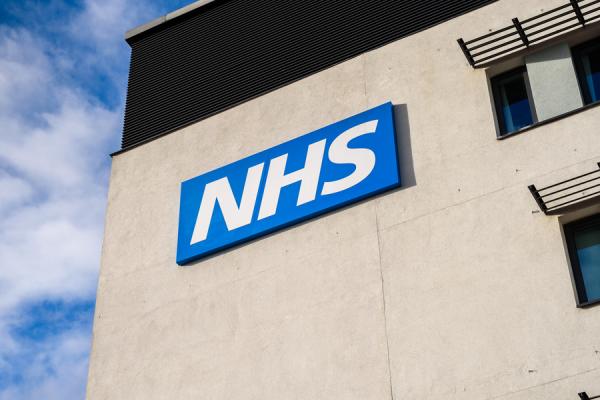Prescribing at the request of a specialist
In February 2018 we produced guidance regarding when GPs should and should not prescribe at the request of a specialist. We continue to receive many queries regarding this matter, so here is a summary of the guidance.
When a clinician signs a prescription it is they who take responsibility for the medication, side effects, and adverse events that occur whether or not this medication is prescribed on specialist advice.
Clinicians should only prescribe when they have “adequate knowledge of a patient’s health and are satisfied that the drugs or treatment serve the patient’s needs” (GMC Prescribing and Managing Medicines).
NHSE has clarified that GPs have “authority to refuse a request to prescribe and monitoring responsibilities… due to uncertainty about… a providers expertise”. Thus GPs can decline specialists requests to prescribe if the GP is unsure of the specialists qualifications, or the specialist is working for an organisation which the GP cannot guarantee appropriate clinical governance, or follow up arrangements, exists:
If a specialist is working for a private organisation, without an NHS contract, it may be difficult for a GP to be reassured about the clinical governance of this organisation
GPs should not have a “blanket policy” for prescribing at specialist request, and should consider each case individually.
Shared Care Agreements (SCAs) exist to enable GPs to prescribe for, and monitor, patients on behalf of specialists. SCAs are used as part of commissioned enhanced services that fund general practices to prescribe and monitor patients on certain drugs. These enhanced services are an NHS commissioned service, and thus do not apply to patients being treated privately unless agreed by the commissioner (the ICB). Thus if a private organisation requests “shared care” practices should decline unless this arrangement has been agreed by the ICB.
If you need to decline to prescribe medications from an NHS provider because you are either; not signed up for the enhanced service, or you do not feel clinically able to prescribe, then you should decline this using the NHS response form.
If you need to decline to prescribe for an non-NHS provider, then there is a template letter available for you to do this.




